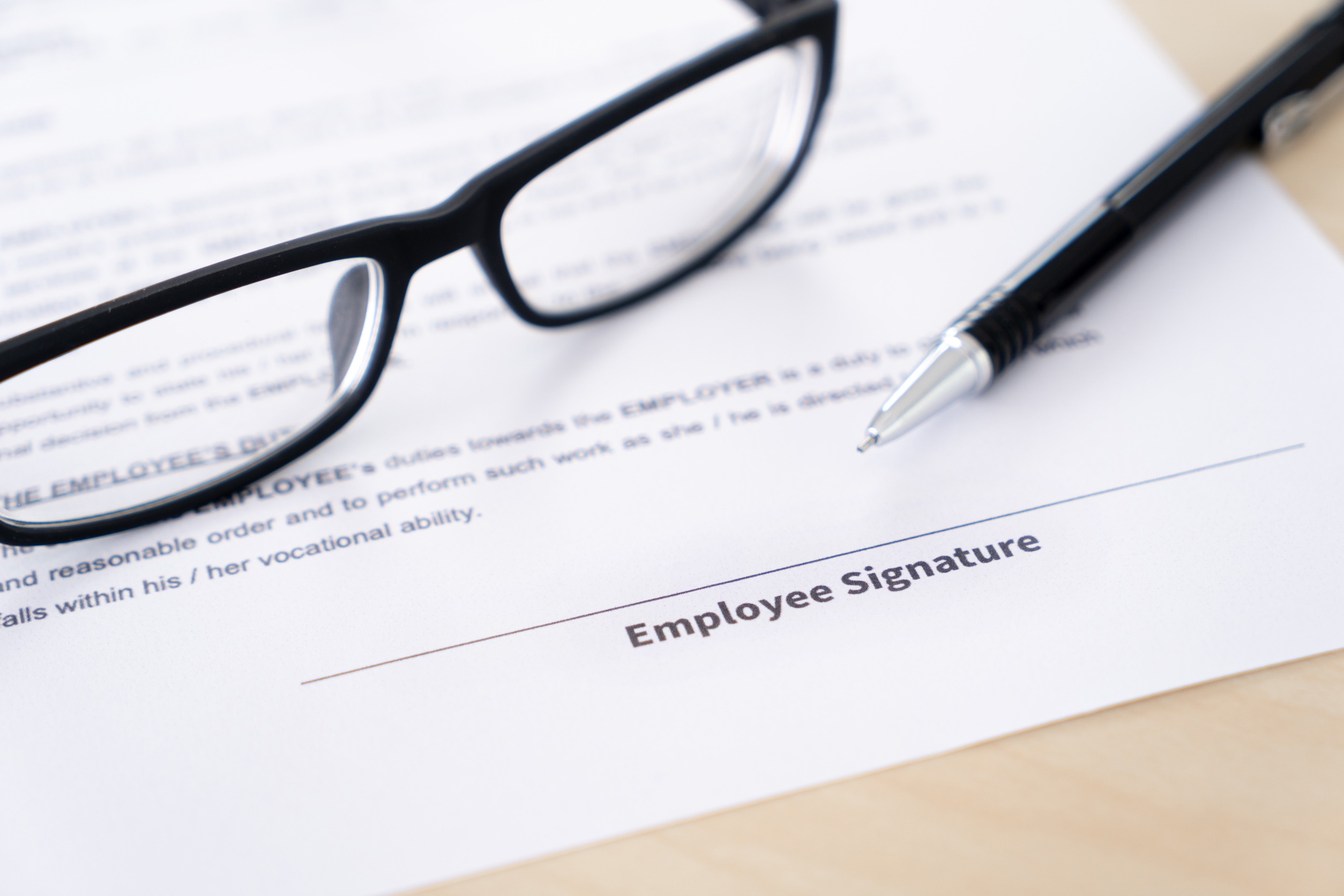When drafting employment contracts with non-compete provisions, one must consider potential defenses employees may later raise to avoid enforcement. A common defense is claiming the employer breached the employment agreement first (“prior breach”). Under Florida law, employees can argue any non-compete clauses are unenforceable if:
- The employer materially breached the employment contract first
- The breached provision was essential to the contract’s purpose
- The employee did not waive the breach
Common employer breaches raised include unpaid wages or benefits. Courts treat non-competes as either “dependent” or “independent” covenants when evaluating prior breach arguments. Dependent covenants involve terms considered indispensable to the contract’s purpose.
Breaching these may excuse employees from complying with non-competes. Independent covenants relate to secondary contract terms. Breaching these does not excuse non-compete obligations.
When non-compete agreements are strategically drafted, they are more likely to be ruled independent covenants. Express language should state the non-compete clause is meant to operate independently of other contract terms. Additionally, assert the clause remains fully enforceable regardless of any employee claims against the employer.
Overall, non-compete agreements should clearly delineate all essential versus non-essential contract terms upfront. This way they address materiality and dependency issues through precise drafting rather than leaving it to the courts’ interpretation later. Careful planning reduces risks of employees escaping non-competes via prior breach arguments down the road.
For assistance in drafting a non-compete agreement, discuss your situation with the experts at EPGD Business Law. Contact EPGD Business Law to schedule a consultation and discuss how our attorneys can guide you in Miami, Washington D.C. or New York.








